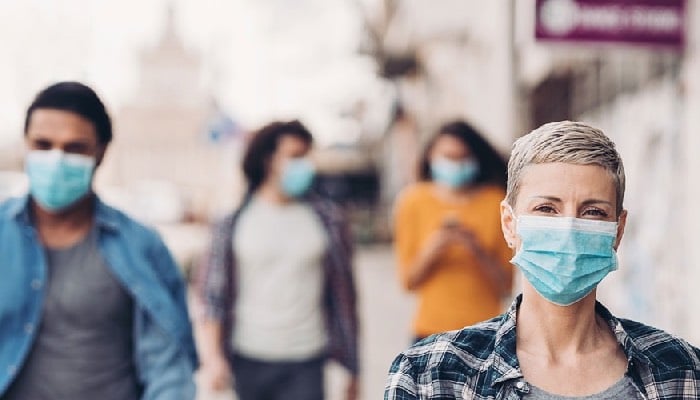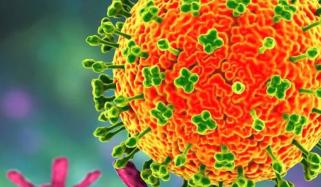
New research has shed light on why some individuals remain unaffected by COVID-19 despite exposure, offering valuable insights into our immune response to the virus.
Published in Nature, the study conducted by researchers from the Wellcome Sanger Institute and University College London focused on analyzing the genetic activity in the nasal tissues and blood of individuals who did not develop symptoms after being infected with SARS-CoV-2.
The findings reveal a unique immune response that acts as a strong defence mechanism against the virus.
While, vaccines have been effective in reducing severe illness, they do not prevent the virus from establishing itself in the respiratory system.
This prompted researchers to investigate why some people experience mild or no symptoms at all.
Through a controlled challenge trial involving 36 healthy volunteers, the study uncovered three categories of infection: transient, sustained, and abortive.
In the latter group, individuals exhibited a rapid immune response in their nasal tissues, including the activation of specific immune cells called mucosal-associated invariant T (MAIT) cells, which helped clear the virus before symptoms could develop.
Meanwhile, the study also identified certain genetic factors, such as elevated expression of the HLA-DQA2 gene, that may contribute to a milder or asymptomatic infection.
These findings provide valuable insights into the early immune events that determine the outcome of a SARS-CoV-2 infection and could inform the development of future treatments and vaccines.
Despite progress in controlling the pandemic, understanding how our immune system responds to viral threats remains crucial for addressing current and future challenges in public health.















